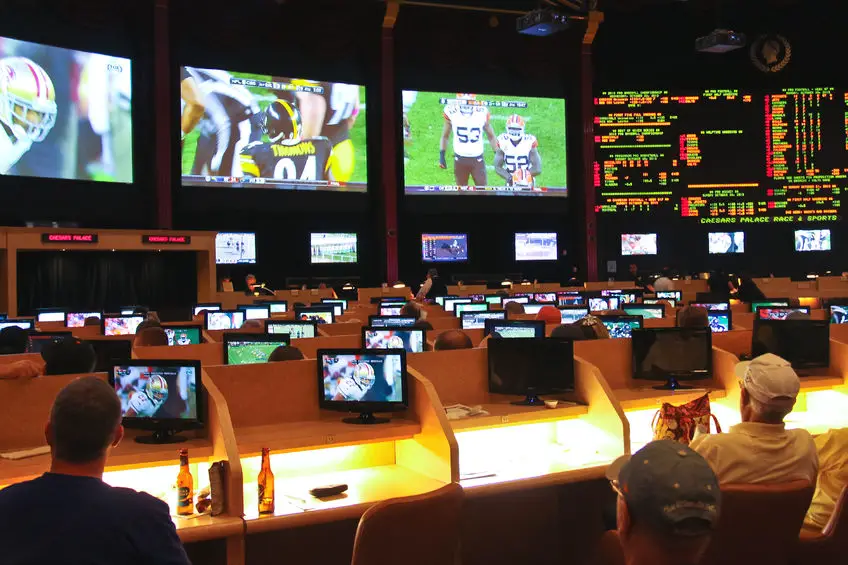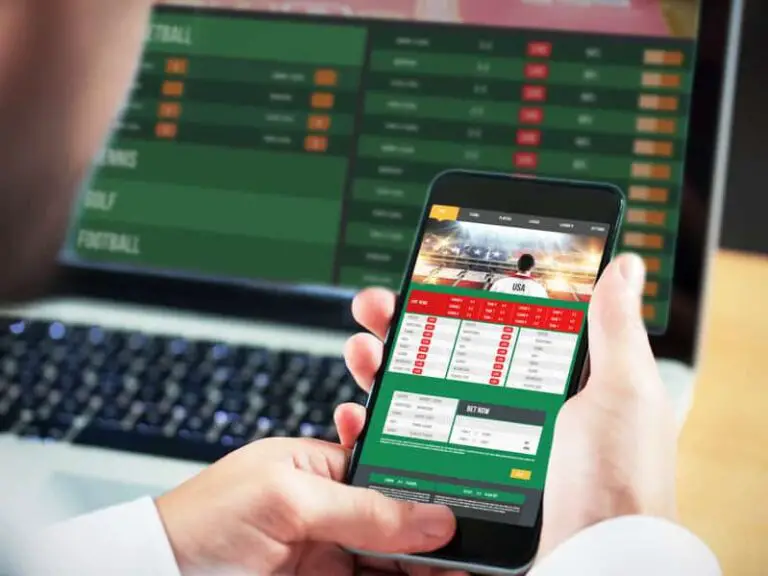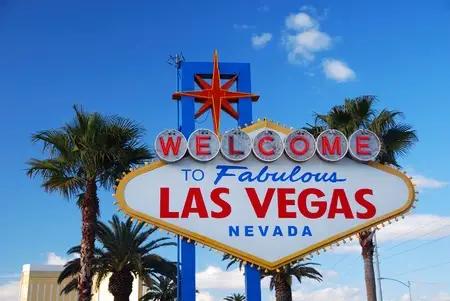Is “Insider Trading” Legal When Making Prop Bets?
Insider trading has been the downfall of many very rich men and women. Billionaire Raj Rajaratnam was sentenced to 11 years in prison. Home icon Martha Stewart was sentenced to 5 months in prison and 5 months of home confinement after using knowledge of an FDA action to sell shares of ImClone before the stock’s price dropped. Car dealer and famous pro gambler Billy Walters received 5 years in prison for insider trading on tips received from the Chairman of Dean Foods.
But what if Billy Walters wasn’t using insider info to trade shares of Dean Foods on the New York Stock Exchange? What if he obtained insider info and used that knowledge to place a prop bet at a Nevada sports book?
Proposition bets or “prop bets” are bets that a sports book can take that bet on something other than the outcome of a game. For instance, the coin flip prior to the Super Bowl will be heads or tails. Or before the season has even started, the winner of this year’s Super Bowl will be a particular team. In the case of heads or tails, there is zero skill involved. It is pure chance and there is no advantage to be gained. In the second example, there are different payoffs for each team, so you might be able to out analyze other bettors or might have some slight advantage if you knew about an injury a little quicker than the public, but you are probably still not going to guarantee yourself of profit.
However, what about other prop bets like the Super Bowl prop bet, “What color will Pink’s hair be when she sings the National Anthem?” What if Pink was a close friend of yours and she told you that she was going to keep her hair blonde for the National Anthem? Or how about the NFL Draft prop bet of “Who will be drafted first overall in the 2018 NFL Draft?” What if the GM of the Cleveland Browns told you point blank that we are taking Baker Mayfield? Could you then legally place a large bet to take advantage of it?
Nevada gaming law on sports books mentions the word “proposition” 11 times, but is silent on anything about using an unfair insider advantage. Sports books are allowed to refuse to take bets, which they might do if someone places a large unusual bet or has a track record of winning. Also, Nevada tries to manage this problem by limiting the types of prop bets sports books can take. Instead of taking a bet on who the first pick of the NFL draft will be (which you could easily gain an advantage over if you obtained that info from the GM of one team), the prop bets approved in Nevada are generally things like the total number of quarterbacks drafted in the first round of the NFL draft or the total number of players drafted from a particular college. It’s far more difficult to gain any real insider advantage when the answer depends on the actions of many more teams and many other factors.
It is generally the off shore sports books that offer the more bizarre bets or the ones where insider knowledge would play a much larger role in guaranteeing a winning bet. And betting with offshore sports book is probably dubious and/or illegal to begin with. Can a sports book based on the Isle of Man really come after an American citizen with a lawsuit alleging they knew in advance who the top pick in the NFL draft was going to be? If the sports book is already breaking the law, is the court going to hear their case? In the 2021 Super Bowl, a streaker entered the field and temporarily disrupted play. Some of his associates claimed he had placed a prop bet at +750 odds that there would be a streaker. So he cleared $375,000 on a $50,000 bet. He was fined $1000 and might have to do some community service or face diminished future employment prospects. But he still made a $325,000 profit (allegedly).
The reality is that many prop bets are hooks to get you interest in gambling with them, but they are careful not to take on too much exposure on something where insider information could give you a huge advantage — that insider information might be knowing that you will streak the field yourself, or listening to a rehearsal of the national anthem and knowing that it would clearly hit the over in the 2 minute over/under, or having actual knowledge from the GM who the first player drafted will be. They limit this by capping the maximum bet amount at a small number, taking down prop bets if most of the betting activity is on one side of the bet, and by closing accounts if they suspect someone has or had insider information. They also may place limits or certain scenarios — for instance, European sports book that take bets on whether a US president will finish their term, might exclude assassination.


